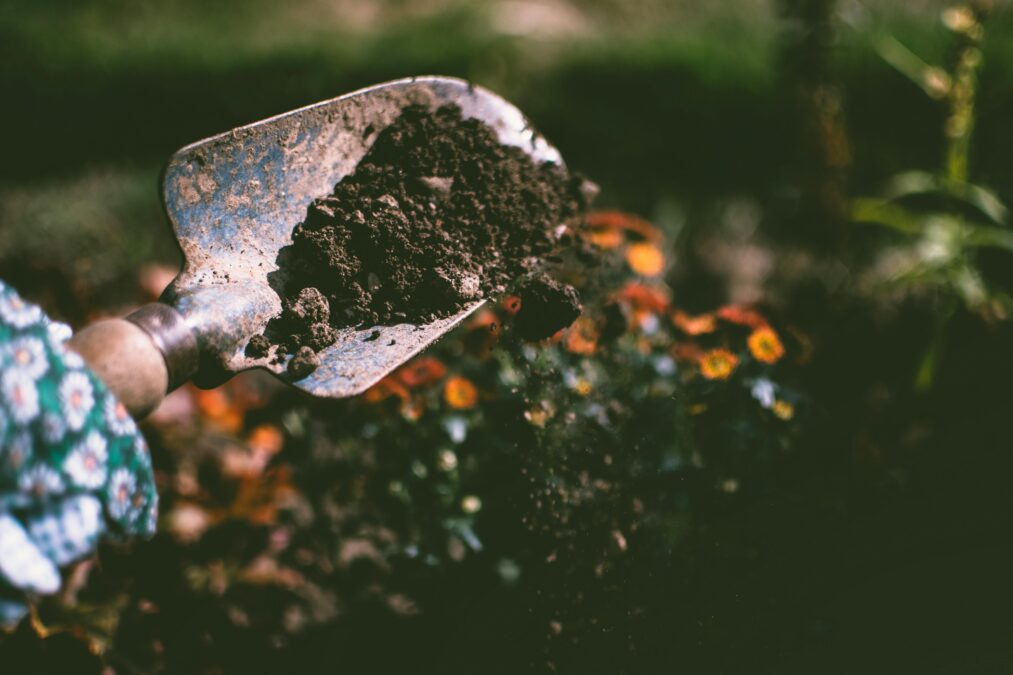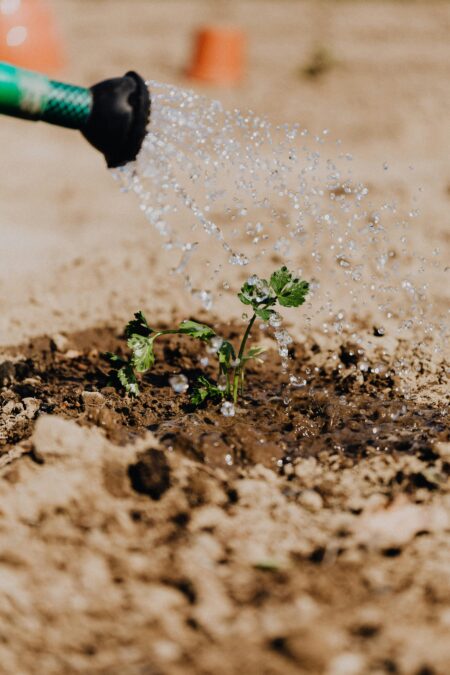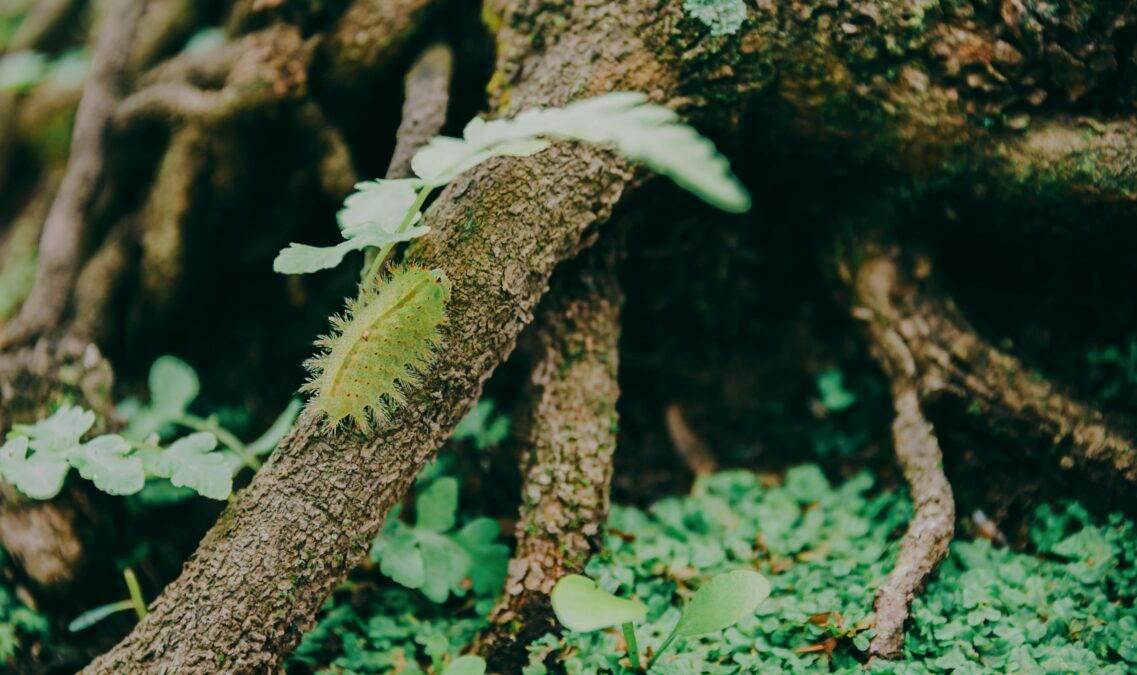How to Maintain a Garden

Maintaining a garden is much more than just planting seeds and hoping for the best. It’s a careful balance of watering, fertilizing, pruning, and tending to the soil that results in a thriving garden. Whether you’re a seasoned gardener or just starting, learning how to maintain your garden properly can turn your outdoor space into a lush, productive paradise. Let’s dive deep into everything you need to know about garden maintenance.
Introduction to Garden Maintenance
Gardening can be one of the most fulfilling hobbies, but it does require consistent care. Without proper attention, gardens can quickly become overrun with weeds, pests, and unhealthy plants. So how do you maintain a garden and ensure it stays beautiful all year round? It’s about knowing your garden’s specific needs, from soil care to pest control.
Understanding Your Garden’s Needs
No two gardens are exactly alike, which means there isn’t a one-size-fits-all solution to garden maintenance. The key is understanding the unique requirements of your garden, such as climate, plant types, and soil conditions. Let’s break it down, starting with the foundation of every great garden – the soil.
Soil Health: The Foundation of Gardening

Healthy soil is the foundation of a thriving garden. Without good soil, your plants will struggle to grow and may even wither away. The best gardens begin with rich, well-balanced soil.
Choosing the Right Soil for Your Garden
The type of soil you use depends on what you’re planting. Vegetables, flowers, and shrubs all require slightly different soil types. You might need to mix different soils or amend your existing soil with compost to achieve the ideal consistency.
Testing and Amending Your Soil
It’s important to test your soil every couple of years to understand its pH levels and nutrient content. This will help you know if you need to add organic matter, like compost or peat, to improve fertility. Amend your soil as needed to create an environment where your plants can thrive.
Watering: Not Too Much, Not Too Little

Watering seems like the simplest gardening task, but getting it wrong can damage your plants. Overwatering can cause root rot, while underwatering leaves plants thirsty.
Understanding Watering Frequency
Different plants have different water requirements. Succulents might need water only once a week, while your vegetable garden could require a good soak every other day. Research the needs of your specific plants to avoid over or under-watering.
Best Time to Water Plants
Early morning is the best time to water your plants. It allows moisture to reach the roots before the sun evaporates it, ensuring your plants stay hydrated throughout the day.
Pruning and Trimming: The Key to Healthy Plants
Pruning is essential for keeping your garden in check. It helps plants grow stronger and healthier by removing dead or damaged branches, encouraging new growth.
When and How to Prune Different Plants
Different plants require pruning at various times of the year. For instance, roses are typically pruned in early spring, while other plants may need pruning after flowering. Use sharp, clean tools and make cuts at an angle to prevent disease.
Fertilizing Your Garden Effectively
Feeding your plants is crucial to keeping them healthy, and fertilizers provide the nutrients your soil may be lacking.
Organic vs Synthetic Fertilizers
Both organic and synthetic fertilizers have their benefits. Organic fertilizers release nutrients slowly and improve soil structure, while synthetic options offer a quick nutrient boost. Choose based on your garden’s needs and preferences.
When and How to Apply Fertilizer
Fertilizers should be applied during the growing season, typically in early spring and again in mid-summer. Be careful not to over-fertilize, as this can damage your plants. Always follow the instructions on the fertilizer package for the best results.
Weed Control: Keeping Unwanted Plants at Bay
Weeds compete with your garden plants for nutrients, water, and sunlight. Regular weeding is essential to keep your garden healthy.
Types of Weeds and Their Removal

There are several types of weeds, including annuals like crabgrass and perennials like dandelions. Hand-pulling, using weed control fabric, or applying herbicides are effective methods of controlling them. Remember, early removal is key before they spread.
Mulching: Nature’s Blanket for Your Garden
Mulch is a gardener’s best friend. It helps retain moisture, suppress weeds, and add nutrients to the soil as it breaks down.
Choosing the Right Mulch
Mulches come in various types, from organic (like wood chips or compost) to inorganic (such as gravel). Organic mulches provide added nutrients as they decompose, making them an excellent choice for most gardens.
Pest and Disease Management
Pests and diseases can quickly destroy a healthy garden. The best way to handle these problems is through prevention and early detection.
Identifying Common Garden Pests

Common pests include aphids, slugs, and caterpillars. Keep a close eye on your plants for signs of damage, such as holes in leaves or sticky residue from aphids.
Natural Remedies for Pest Control
Instead of relying on chemical pesticides, consider natural alternatives like neem oil, insecticidal soap, or companion planting. For example, planting marigolds can help deter certain pests.
Seasonal Garden Maintenance
Your garden’s needs will change with the seasons. Adapting your care routine based on the time of year is essential for long-term success.
Spring and Summer Care
Spring is when your garden bursts into life, so this is the time to plant new flowers and vegetables. In summer, keep up with watering and pruning to maintain growth.
Fall and Winter Preparation
As fall arrives, clean up dead leaves and spent plants. It’s also a great time to add compost to the soil. In winter, protect perennials with mulch and make sure plants are well-watered before the ground freezes.
Conclusion
Maintaining a garden takes time, effort, and patience, but the rewards are well worth it. By following the tips above—whether it’s watering correctly, pruning when needed, or dealing with pests naturally—you can ensure your garden stays healthy and vibrant throughout the year. Remember, a well-maintained garden doesn’t just happen overnight. It’s a continuous process, but one that pays off in the beauty and serenity it brings to your outdoor space.



